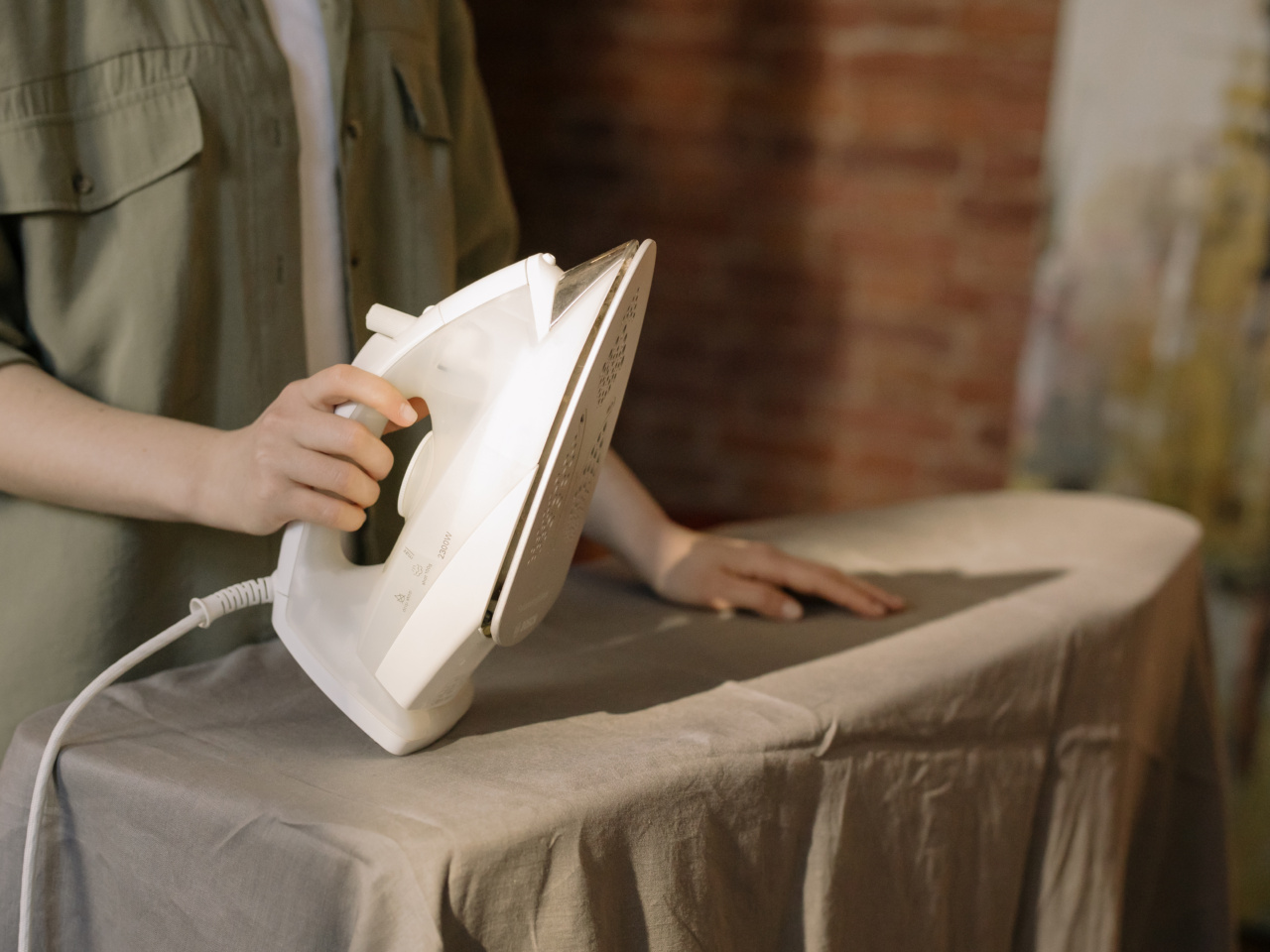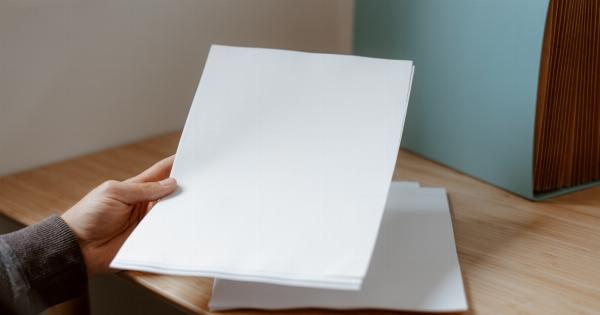When it comes to our bedding, cleanliness is crucial for a good night’s sleep and overall hygiene.
But how often should we be washing our sheets? Different experts have varying opinions on the matter, taking into consideration factors like personal preferences, lifestyle, and allergies. In this article, we will explore what these experts suggest for how often you should wash your sheets.
The General Consensus
While opinions may differ, most experts agree on a general guideline of washing your sheets every 1 to 2 weeks.
This frequency ensures that dirt, sweat, oils, dead skin cells, and allergens do not accumulate over time, leading to a healthier sleeping environment.
Factors That Influence Washing Frequency
It’s important to note that the recommended washing frequency can be influenced by several factors:.
1. Personal Hygiene Habits
Your personal hygiene habits play a significant role in determining how often you should wash your sheets. If you shower before bed and avoid bringing in excessive dirt or sweat, you may be able to extend the time between washes.
On the other hand, if you tend to sweat heavily or have oily skin, washing your sheets more frequently might be necessary.
2. Allergies and Asthma
If you or your family members have allergies or asthma, frequent washing of sheets becomes even more crucial. Dust mites, pet dander, and pollen can accumulate on bedding, leading to allergic reactions and worsening respiratory symptoms.
In such cases, experts often recommend washing sheets once a week to minimize allergen exposure.
3. Climate and Season
Climate and the changing seasons can impact how often you should wash your sheets. In warmer and more humid climates, where perspiration is common, washing your sheets every week is advisable.
In contrast, colder seasons may allow for slightly longer intervals between washes, as the reduced humidity limits sweat and allergen buildup.
4. Sleep Environment
The cleanliness of your sleep environment also affects washing frequency. If you share your bed with pets, they can bring in dirt and pet dander, requiring more frequent washing.
Additionally, if you eat or drink in bed, you increase the chance of spills and stains, necessitating more regular cleaning.
Expert Recommendations
Let’s now delve into what the experts specifically suggest for how often you should wash your sheets:.
1. The National Sleep Foundation
The National Sleep Foundation recommends washing your sheets every 1 to 2 weeks. They emphasize the importance of clean bedding for a better sleep experience, as dirty sheets can impact sleep quality and overall health.
2. The American Academy of Allergy, Asthma, and Immunology
The AAAAI suggests washing your sheets at least once a week if you have allergies or asthma. This frequency helps to minimize exposure to allergens that can trigger allergic reactions and respiratory symptoms.
3. The Good Housekeeping Institute
The Good Housekeeping Institute advises washing your sheets every 1 to 2 weeks, with an additional recommendation to wash pillowcases even more frequently.
They emphasize changing pillowcases every 2 to 3 days, as they come into direct contact with your face and can accumulate oils and sweat.
4. Martha Stewart
Martha Stewart recommends washing sheets every week to ensure a clean and comfortable sleeping environment. She emphasizes the use of hot water and detergent to effectively eliminate bacteria, allergens, and odors.
5. Consumer Reports
Consumer Reports suggests washing sheets every 1 to 2 weeks, highlighting the importance of using a high-quality detergent and following care instructions on the label to maintain the longevity of your bedding.
6. Cleaning and Lifestyle Expert, Jolie Kerr
Jolie Kerr, a well-known cleaning and lifestyle expert, suggests washing your sheets once a week. However, she also mentions that if you don’t have any issues with allergies, sweating, or excessive dirt, you can extend the interval to two weeks.
Conclusion
While there may not be an exact science to how often you should wash your sheets, it’s clear that maintaining a regular washing routine is crucial for maintaining a clean sleep environment.
Considering factors like personal hygiene, allergies, climate, and sleep habits can help you determine the ideal frequency for washing your sheets. Remember, clean sheets not only contribute to better hygiene but also promote better sleep, allowing you to fully rest and rejuvenate each night.




























